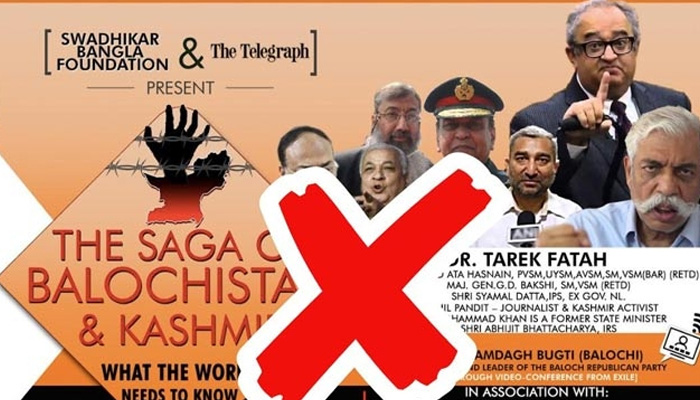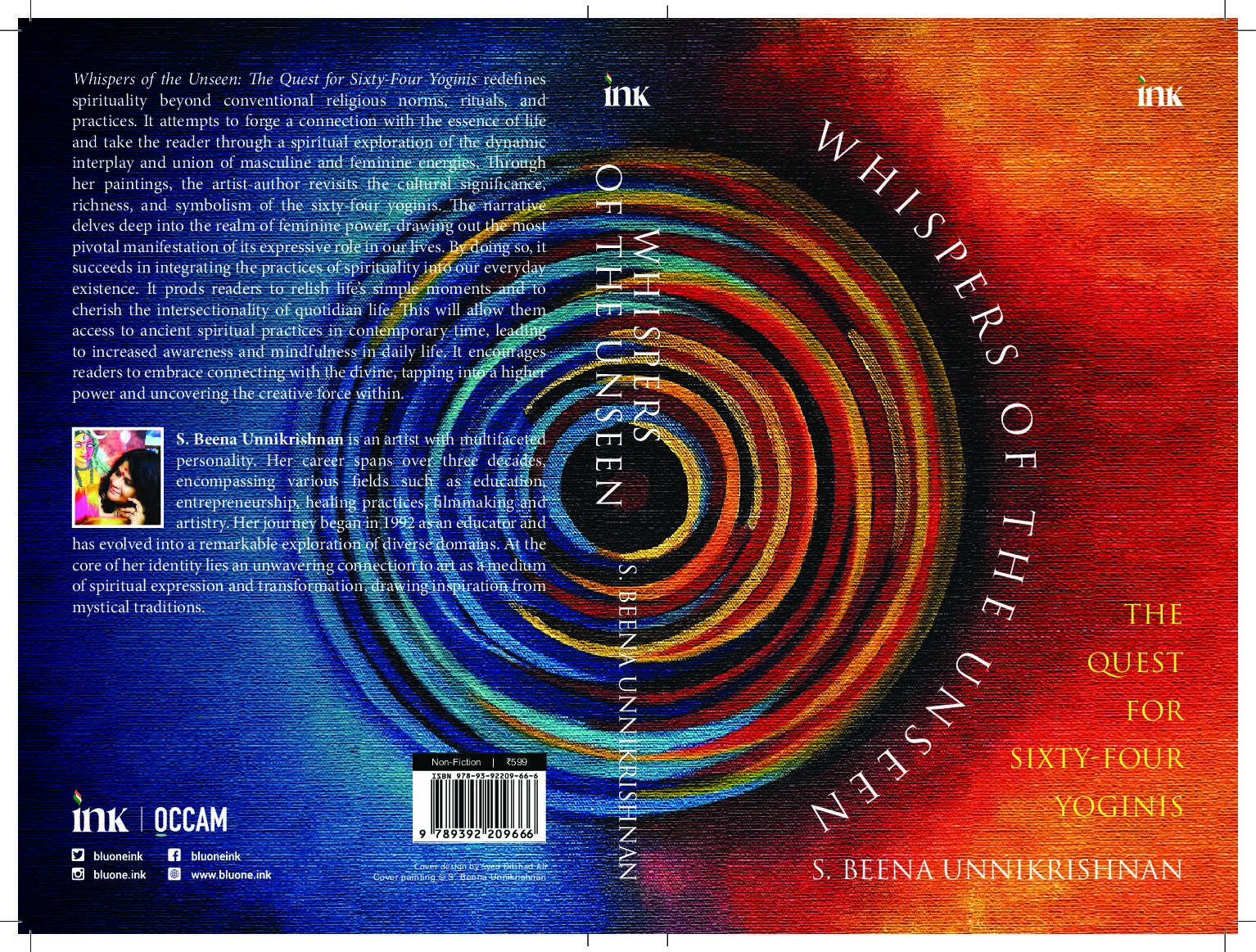Why Indian Muslims have no concern for their Baloch brethren
Ravi Shanker Kapoor | January 8, 2017 5:31 pm

In a shameful display of Muslim appeasement, the Mamata Banerjee government has pressured the Calcutta Club to cancel a conference about the restive Balochistan province. The event, ‘The Saga of Balochistan: What the World Needs to Know,’ was scheduled to be held on January 7. Apparently, what raised Banerjee’s hackles was the fact that the Pakistan-born Canadian author Tarek Fatah, who is known for his critical views on Islam, was one of the speakers at the conference.
Kashmir activist Sushil Pandit, Major General G.D. Bakshi (Retd) and Baloch activist Brahamdagh Bugti were other participants. Fatah tweeted sarcastically, “Oh Calcutta! Capital of the Islamic Republic of West Bengal under Her Holiness, Khalifa @MamataOfficial Banerjee.”
Now Banerjee is well known for Muslim appeasement. On her watch, jihadist activities are growing. Malda has been reported to be the hotbed of Islamists. But the silence of Leftists and liberals, though not astonishing, once again underlines their hypocrisy regarding free speech. Always the loud protesters when freedom of expression is assaulted by Hindutva votaries, they go AWOL when it comes to the sensitivities of Muslims.
But why would Muslims object to the dissemination of facts about atrocities on Balochs who are mostly Islamic? That Pakistan has unleashed a reign of terror in Balochistan is a well-acknowledged reality. The 2015 report of Human Rights Watch, for instance, said, “The security forces continued to unlawfully kill and forcibly disappear suspected Baloch militants and opposition activists in 2015. In January, 13 highly decomposed bodies of ethnic Baloch individuals were found in Khuzdar district. Baloch nationalists and other militant groups also stepped up attacks on non-Baloch civilians. In April, suspected Baloch militants gunned down 20 laborers in Turbat’s Gogdan area. In May, 35 people were forced off a bus and kidnapped by members of a militant Baloch nationalist group, the United Baloch Army; 23 of the passengers were killed.”
Amnesty International, too, highlighted violence against human rights groups in its 2015-16 report. It said that “human rights activist Sabeen Mahmud was killed after hosting a discussion on Balochistan at her cafe in Karachi. Her driver, a key witness, subsequently was shot dead, despite the Sindh Witness Protection Act 2013 that was passed to protect witnesses.” Three Baloch activists, including Abdul Qadeer Baloch, Vice Chairman of the organization Voice for Baloch Missing Persons (VBMP), were banned from travelling to the USA in March to attend a conference organized by Sindhi and Baloch activists.
The US State Department’s 2014 report said, “Government and NGO statistics on the number of persons who disappeared in Balochistan continued to diverge. NGOs compiled a list of 3,356 Baloch whom security agents allegedly abducted or killed while in custody. The VBMP claimed the total number of persons who have disappeared could be above 19,000. Meanwhile, the government reported only 194 families had come forward with detailed information on their missing relatives as of July. According to the Interior Ministry’s Home Department, law enforcement authorities had recovered more than 612 bodies in Balochistan since 2010, many belonging to missing Baloch political workers. The VBMP claimed to have records of 455 tortured bodies dumped in Balochistan during the year and of 435 missing persons. Official Home Ministry of Balochistan figures indicated only 164 dead bodies had been recovered in Balochistan during the year.”
In January 2015, two mass graves were found in Tutak, a town in Balochistan’s Khuzdar District. At least 17 bodies were recovered from the graves.
One would have expected the Muslims in India, and elsewhere, to sympathize with their coreligionists in Balochistan. They raise a stink whenever there are reports, even fake, about the troubles a Muslim faces in Palestine, Europe, and the US. But here is a country—which was independent till Jinnah annexed it in 1948—where atrocities against their brethren are rampant; and the faithful elsewhere are not bothered. Do they believe that atrocities perpetrated by Muslims, even against their own coreligionists, should be overlooked for the sake of ummat’s solidarity?
Perhaps Fatah was not just an angry outburst when he responded to the cancellation of the Kolkata event: “After all, we should not forget that during the Bangladesh war, during the genocide in East Pakistan by the Pakistan military, the refugees that came from East Pakistan were given a pretty hostile treatment by some elements of Calcutta Muslims.”
Those elements, it seems, have grown in number and strength over the decades.































